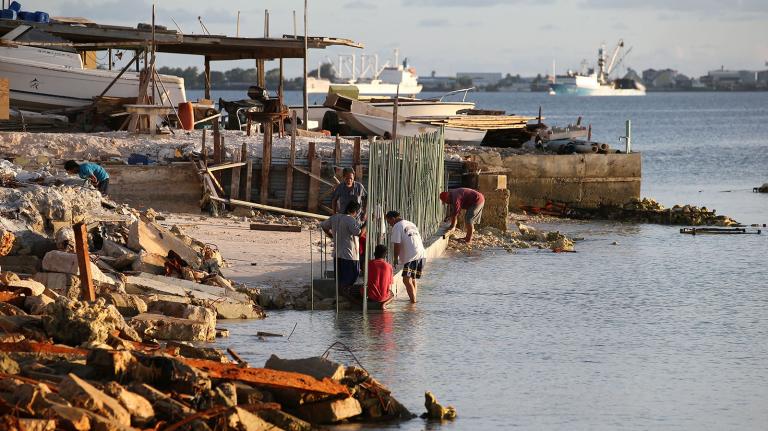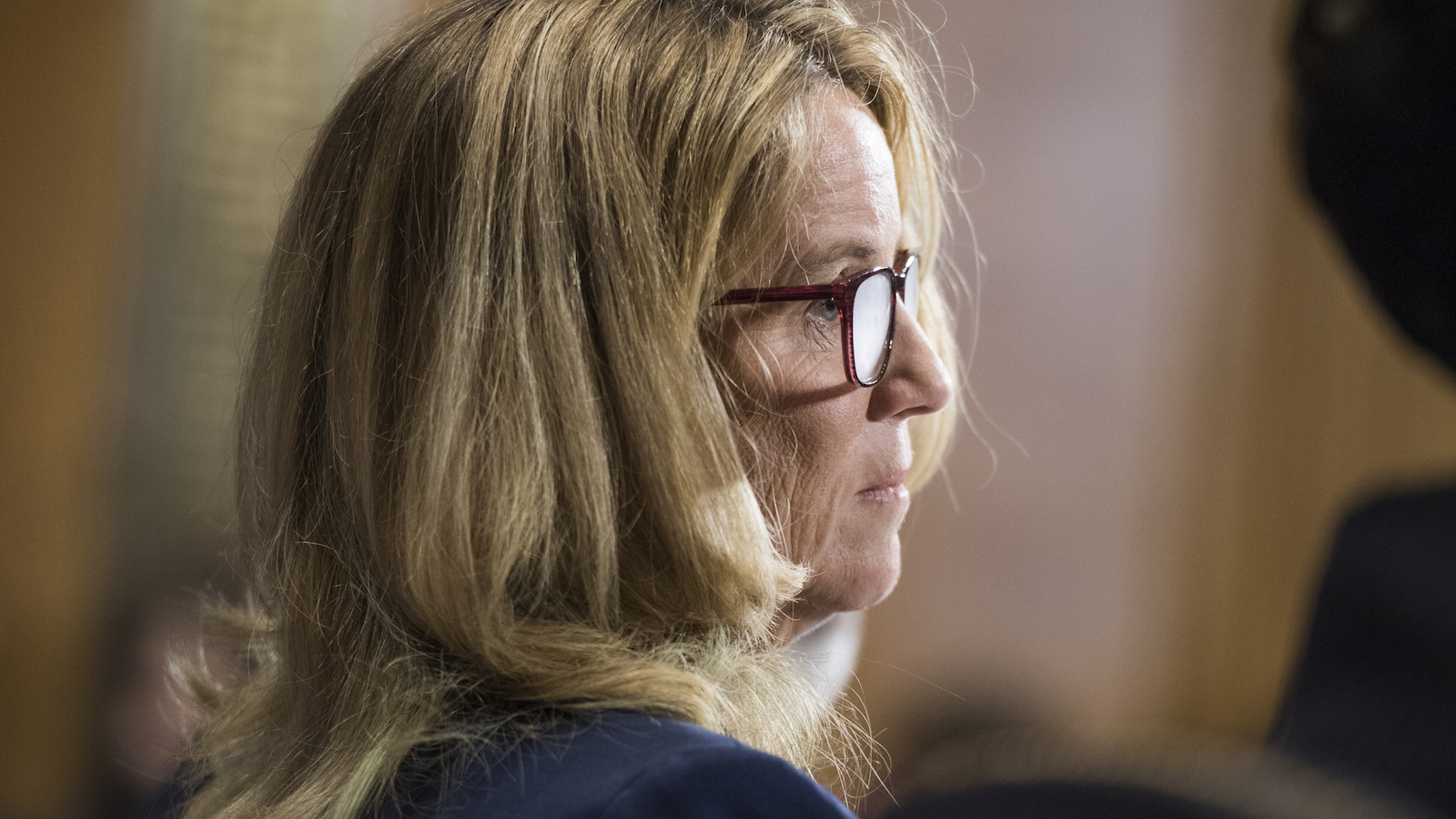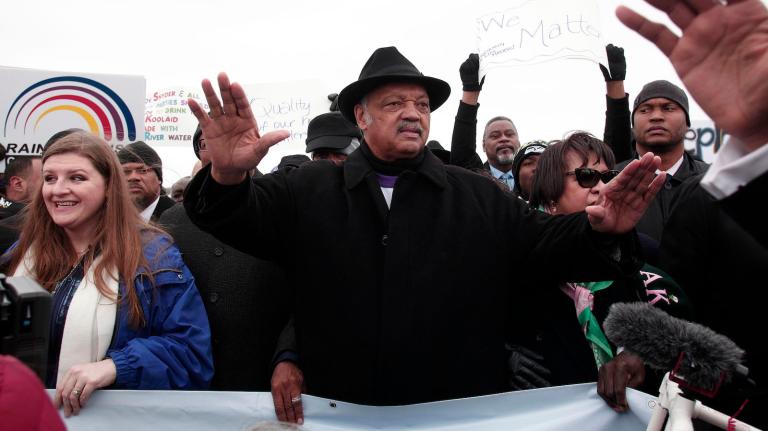Christine Blasey Ford is a woman. She is a prolifically published expert in psychological statistics. She is a conventionally attractive natural blonde. She is the product of an elite private school education. She is a mother of two. She is a scientist.
All of these traits together contributed to the public’s impression of Dr. Ford as she testified to Congress that Supreme Court nominee Brett Kavanaugh sexually assaulted her when they were teenagers. Much has already been said about the Ford’s testimony as a survivor. But rereading her words, what struck me anew was the way she described the assault in clinical terms — the vulnerable state of the adolescent brain and the well-documented impact of childhood trauma — without evading an ounce of her own humanity. It’s a remarkable feat in a time when science itself is undergoing aggressive interrogation.
“I think that it was extra courageous for her to put in the effort to recognize that the science was important and her way of explaining it would be important,” says Kelly Ramirez, co-founder of the group 500 Women Scientists.
Neurological science tells us that a sexual assault at a young age will impact most victims for the rest of his or her life. Millions know the lasting impact of an assault from experience, but are not able to identify why they feel this way.
Throughout her testimony, Ford simply and carefully explained the different biological processes that contribute to the sharp memory of certain details and the blurriness of others; the surge in hormones that enabled her to escape; the varied and complicated pathology of sexual assault survivors. It was a relief to hear this in such relatively straightforward terms: You feel this way because this is what your body is doing. It is not a failure of your own will.
It is difficult to imagine a more impressive testimony on sexual assault — even as acknowledged by her detractors. Rachel Mitchell, the prosecutor hired to interrogate Ford in Congress, acknowledged at the conclusion of her questioning that she had been “really impressed” by Ford’s expertise.
But it was not simply the statement of those anatomical facts that made Ford’s testimony powerful. The humanity in Ford’s testimony was where she exposed the lasting scars of (depressingly) shared experiences, which so many observers were able to recognize.
We also like to see scientists as humans, Ramirez says, and we trust them more when we see them show emotion. Isn’t that ironic! We understand climate science better, for example, when we can empathize with its personal impact on the scientist explaining the theory. Renowned climate scientist James Hansen has made his fight about the uncertain lives his grandchildren face.
The public’s reaction to Ford’s testimony was largely positive. Before the hearings, a poll found that 26 percent of respondents believed Kavanaugh and 32 believed Ford. After they testified, those who believe Kavanaugh bumped slightly to 33 while a remarkable 45 percent believed Ford.
Many comparisons have been drawn between the impassioned testimony of Ford and the cooler one of Anita Hill, the black civil rights attorney who accused Justice Clarence Thomas of sexual harassment during his own confirmation hearings. “African-American women have routinely been challenged in their efforts to tell a story about sexual abuse,” one of Hill’s attorneys said about the race and gender dynamics of the two hearings. (Hill, who graduated from Yale, was infamously depicted as “a little bit nutty and a little bit slutty” by a Republican operative.)
“I really hope that it’s not because of Ford’s position as a scientist that people find her credible,” says Maryam Zaringhalam, another senior leader of 500 Women Scientists. “I hope it’s because people are starting to understand that this is something that happens to all women, from all backgrounds, of all ethnicities, with all educational experiences.”




